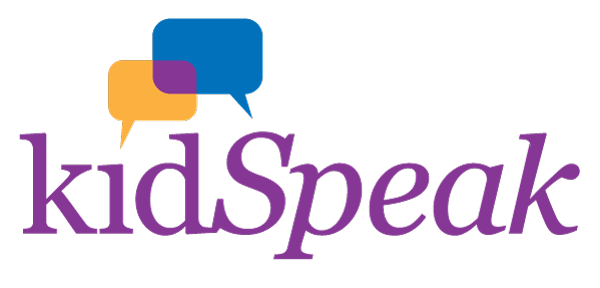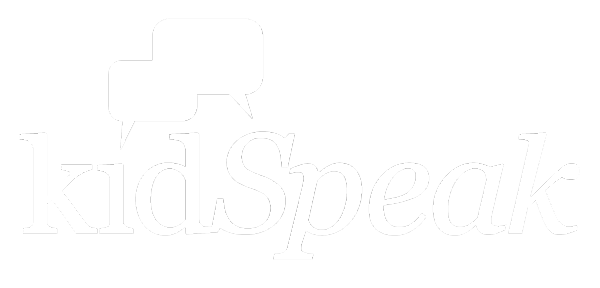Bringing Life-Changing Therapy to the Children in Mongolia
I am grateful to my employer KidSpeak for granting me time away from my work so that I could accept an invitation by the Global Foundation for Children With Hearing Loss (GFCHL) to join its professional training team in Ulaanbaatar, Mongolia this past September, 2019.
This non-profit organization has worked in Mongolia since 2016, in partnership with the Mongolia National Center for Maternal and Child Health. Among GFCHL’s principal aims is to establish a national newborn hearing screening program and build professional expertise among local ENT doctors, teachers, and therapists in pediatric audiology and auditory verbal therapy, to support babies, young children and their families with hearing loss. Auditory-verbal therapy is a specialized type of speech therapy for babies and young children with hearing loss who are learning to listen and speak.
Thanks to the work of the GFCHL and its partners in Mongolia, newborn hearing screening has been established at all birthing hospitals in the capital of Ulaanbaatar. Of the 30,000 infants screened in 2018, about 200 were confirmed to have a hearing loss requiring hearing technology and habilitation support.
With this increasing number of infants and toddlers being identified with hearing loss at earlier ages in Mongolia, the GFCHL professional team has been helping their Mongolian counterparts develop the skills, resources, and services to support the audiological and therapy needs of these children.
Our September 2019 service trip to Mongolia consisted of two pediatric audiologists and two auditory-verbal therapists from the United States. Our objective was to continue the GFCHL training curriculum with local Mongolian doctors, teachers, and therapists. During our six-day workshop in auditory-verbal therapy, Mongolian participants were provided training in typical speech and language development, and in the assessment and treatment of hearing loss in the pediatric population. We taught them how to use a framework developed by previous GFCHL training professionals, based on core principles of decades of research into child language and cognitive development. This framework is in the process of being customized to Mongolian language and culture as we collaborate with local therapists and learn more about the linguistic patterns of development unique to Mongolia. The participants in our workshop came from a variety of backgrounds – special education, ENT, audiology, general education, and even occupational therapy. However, all were eager to learn and put their skills to practice.
Over the last three days of our training, the trainees each led live therapy sessions coaching children with hearing loss and their families to provide them with real world application of the theoretical teachings we provided in the first few days. During these dynamic sessions, an interpreter translated the interactions between therapist and family as my fellow GFCHL professional teammates and I observed. On occasion, we jumped in to help fine-tune some of the listening activities or strategies, but mostly we found ourselves extremely impressed with the clinical ability of our Mongolian partners. It is such a joy to see learning applied in such a short period of time.
This is my second time serving with the GFCHL, and it is such a rewarding experience. Uniquely among non-profits, this organization has made it a priority to empower the people of the local partner countries with knowledge over provision of direct service to the children. The Global Foundation For Children With Hearing Loss’ approach leaves all individuals who participate in its trainings strengthened, with greater confidence, and with the resources to find the answers they need in order to better serve children with hearing loss and their families in the local community. I am thrilled to bring this international perspective to the work I do every day at KidSpeak to serve the children and their families living with congenital hearing loss.



